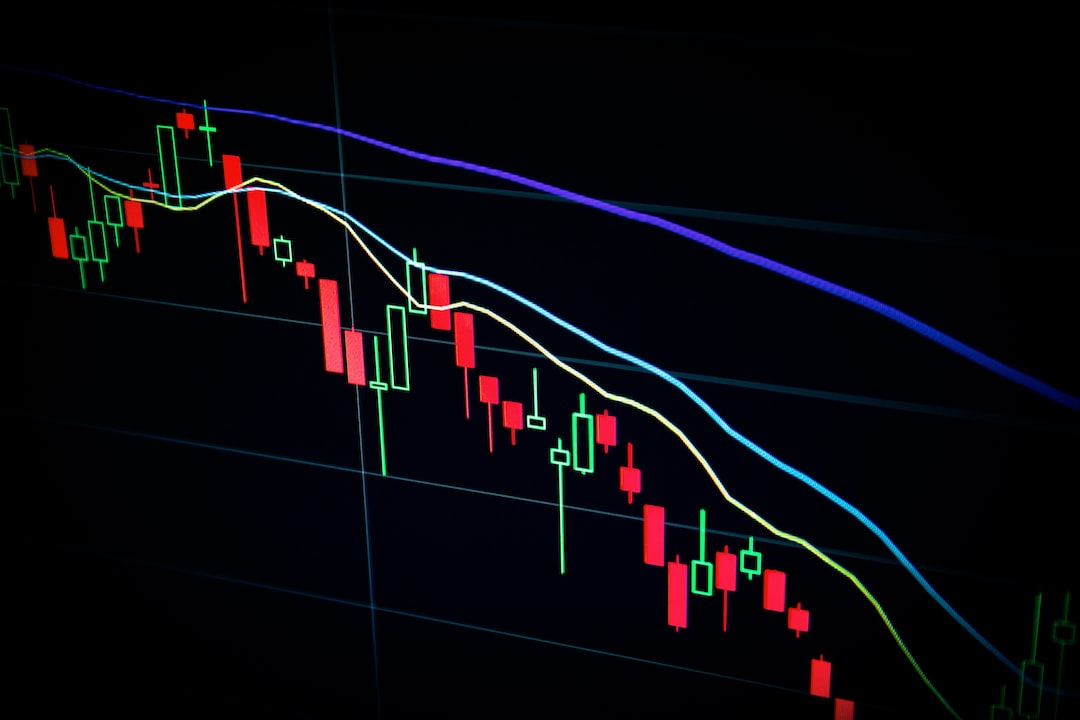Key Points:
- District judge ruling in a class action lawsuit finds that Uniswap’s investors and developers are not liable under federal securities laws for scam tokens.
- Permissionless nature of decentralized exchanges like Uniswap means they should be viewed differently from centralized exchanges like Coinbase.
- Companies like Coinbase that exercise judgment over token listings could be held accountable for token issuers’ actions, while DeFi platforms like Uniswap are not.
- SEC has claimed that some cryptocurrencies on Coinbase are unregistered securities, but Coinbase argues against it.
- Regulatory gulf between centralized exchanges and decentralized exchanges like Uniswap presents a challenge in protecting investors.
Hot Take:
The ruling by Judge Katherine Polk Failla in the class action lawsuit against Uniswap highlights the differences between centralized and decentralized exchanges in terms of liability for scam tokens. While centralized exchanges like Coinbase may be subject to securities laws for their role in token listings, decentralized exchanges like Uniswap are not held accountable. This creates a regulatory gulf that poses challenges in investor protection. As the crypto industry navigates regulatory uncertainties, it remains to be seen how the development of case law and potential actions from Congress will shape the future of decentralized finance.





 By
By
 By
By

 By
By
 By
By
 By
By